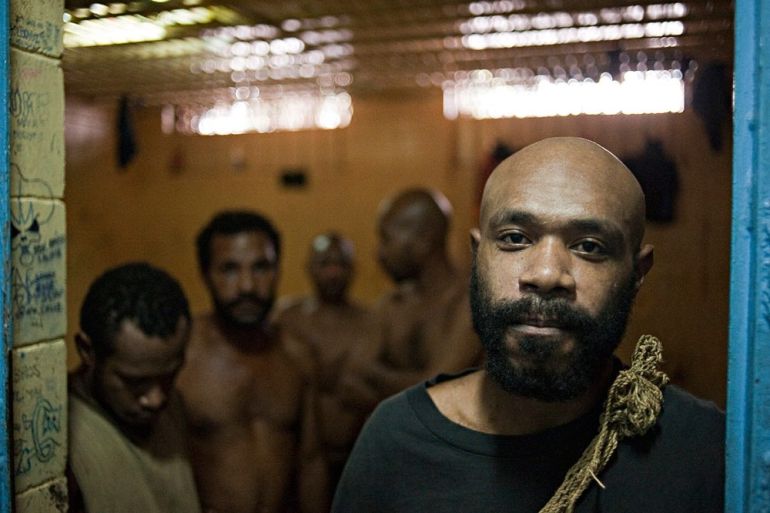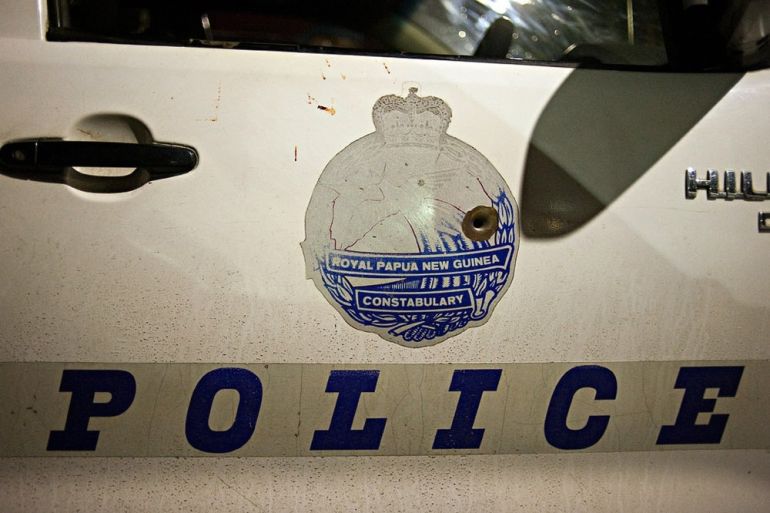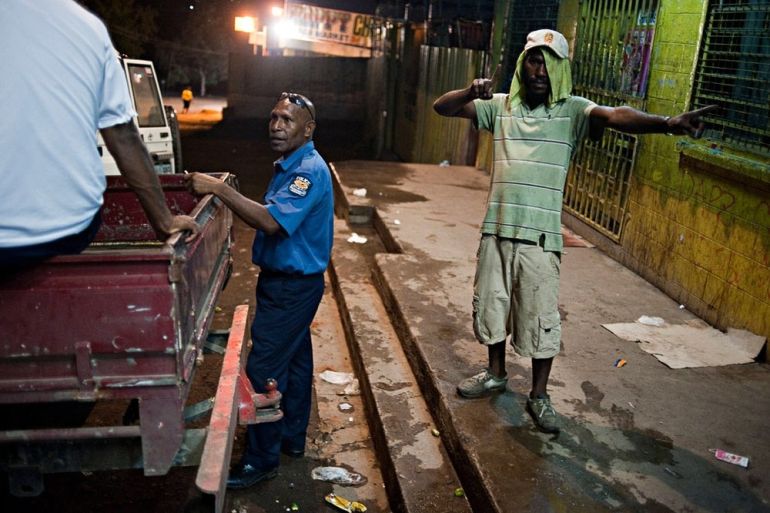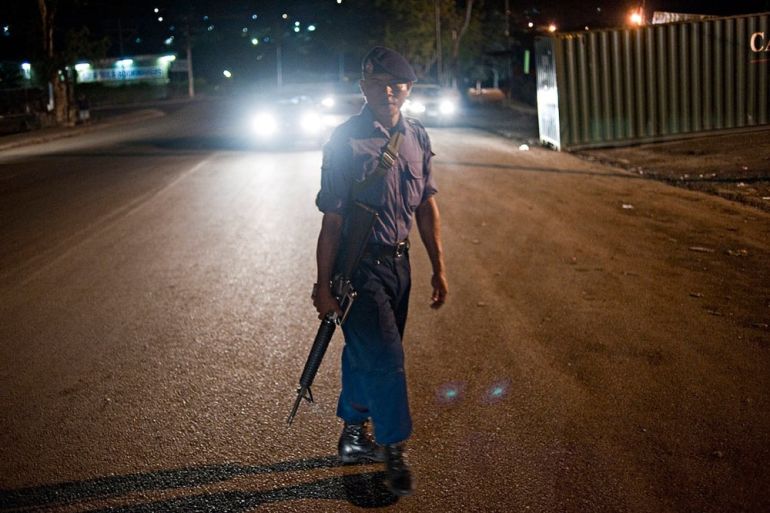In Pictures
In pictures: Port Moresby’s rugged streets
Violent crimes in Papua New Guinea capital, Port Moresby have become common due to ethnic divisions and poverty.
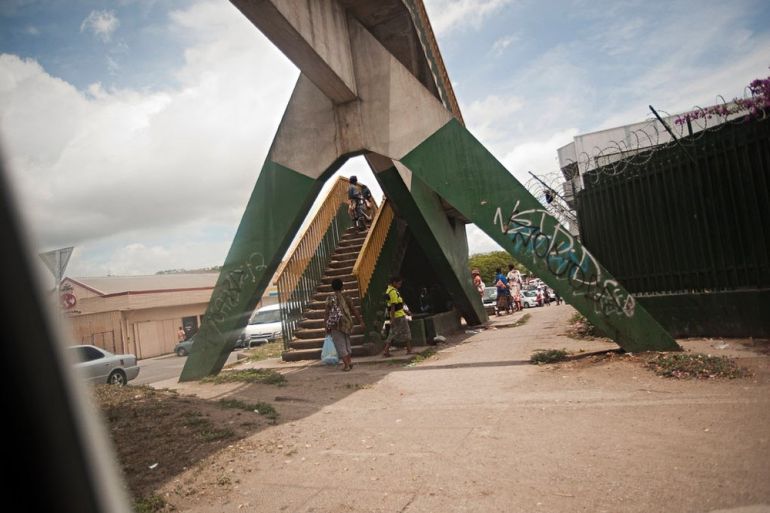
Since Australia granted Papua New Guinea independence in 1975, its capital Port Moresby has become synonymous with violent crime carried out by “raskol” gangs.
Although much of the crime is driven by poverty, tribal allegiance also plays a part in the ethnically diverse capital. Papua New Guinea has more than 760 distinctly different languages.
The raskol street gangs control much of the city of 250,000 inhabitants, some armed with automatic weapons and machetes. Raskol raids on businesses and compounds are common.
Unemployment has been estimated between 60 and 90 per cent in the city. In 2004, Port Moresby received the dubious honour of being named the world’s least liveable city by the Economist.
While most expatriates live within fortified compounds, it is the native Papuans who bear the brunt of Port Moresby’s violent crime. The city’s largest police station is located in Boroko in the southeast.
According to station commander, Senior Inspector Mark Yangan, an average week consists of about three murders, four rapes, and 30 car-jackings. Few murders are ever solved and Yangan admits the rape statistic is misleading, as most go unreported. As a whole, Port Moresby has a murder rate of 54 per 100,000 citizens, more than 10 times Australia’s national average.
Most of Port Moresby’s citizens live in the grip of poverty with low or no wages. The nation’s corrupt and ineffectual government provides no social security, and many essential items are imported and therefor beyond people’s means. Sanitation is inadequate and in recent years, Port Moresby has seen its first cholera outbreaks since the 1960s.
The compounds of the city’s close-knit expatriate community are protected by security guards and attack dogs. The Australian High Commission, surrounded by high concrete walls and razor wire, provides arguably its most secure accommodation. It is jokingly referred to by locals as “Fort Shit-Scared”.
Until recently the island-nation has been unable to capitalise on its abundant natural resources. Many hope that an ExxonMobil-led $16bn liquefied natural gas project will halt the country’s slide into poverty and chaos. Currently in its construction phase, the gas reserves are expected to double Papua New Guinea’s GDP within 30 years.



